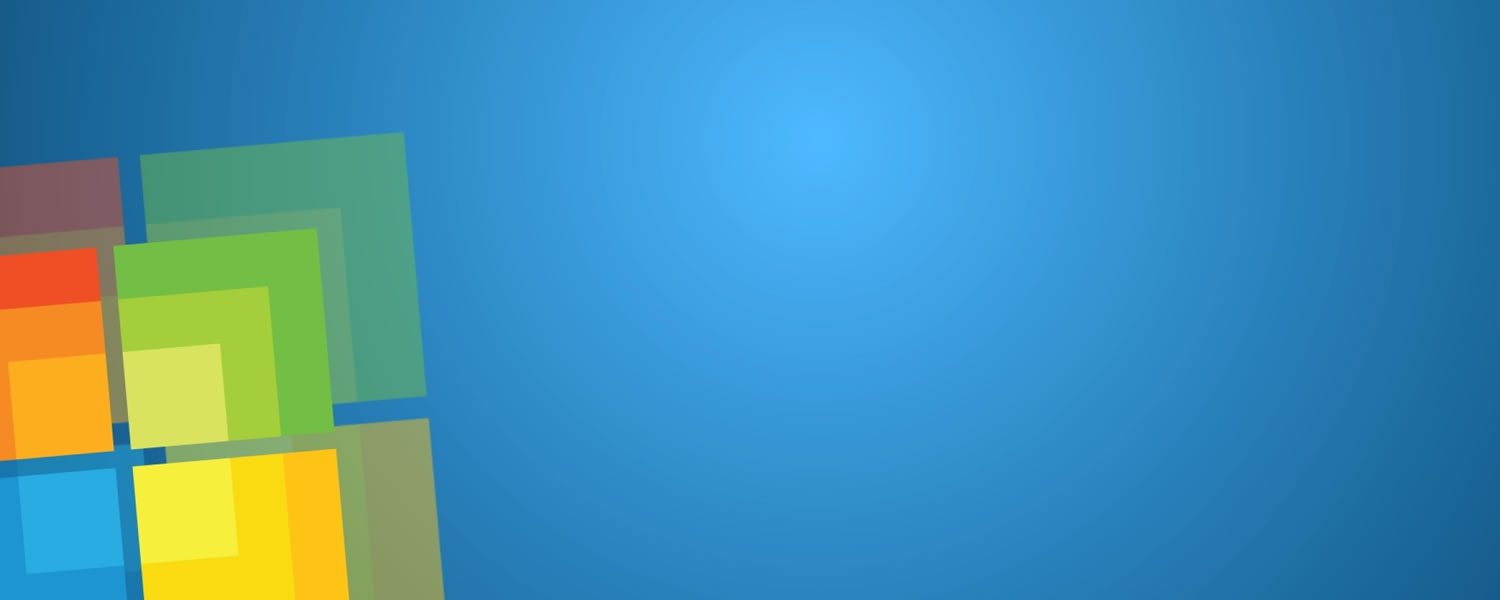Faster, Slower, Better?
It's often been the case with new Windows OS releases that it takes some time before performance is up to par or above the level of its predecessor. Possibly the most extreme example I can recall was the move from Windows XP to Windows Vista, though that was partly due to immature drivers on the all-new platform, and partly to do with the fact that Vista was a resource hog.
Microsoft seemed to hit full stride with Windows 7, developing a fast and efficient operating system. Thankfully it seems Windows 8 continues to build on that pattern as we found it to be on par with and ocassionally faster than 7.
The improvements that have been made to startup and shutdown times are self-evident, and no doubt a major focus on the new OS' development as this will particularly benefit laptop and tablet users. Another notable improvement was seen in multimedia performance. This was first observed when running PCMark 7 and later confirmed when we ran x264 HD Benchmark 5.0 and our HandBrake encoding test.
Most of the other tests saw little to no difference between the two operating systems. This was especially true for the gaming benchmarks, but most surprising on the IE tests which we figured would have shown a big advantage for IE10, but not so.
Both AMD and Nvidia seem to be on top of their drivers for Windows 8 from day zero, as we were able to achieve the same level of performance in Windows 8 as we did in Windows 7 using the GeForce GTX 670 and the Radeon HD 6570.
From a performance standpoint Windows 8 appears to offer a solid foundation from the get-go. Although there are only a few select areas where it is faster than Windows 7, we are pleased that it's able to match it everywhere else.
Looking beyond benchmarks, Windows 8 appears more polished than Windows 7, even if you plan to live on the desktop and aren't too fond of the Start screen, general usage is smoother and appears to be faster on Windows 8, which I found most noticeable on our somewhat underpowered Athlon II X4 system. If anything, it's a great start, now the Metro/Modern style will have to prove itself as a cross-platform OS that marries desktop, laptop and tablet PCs.
